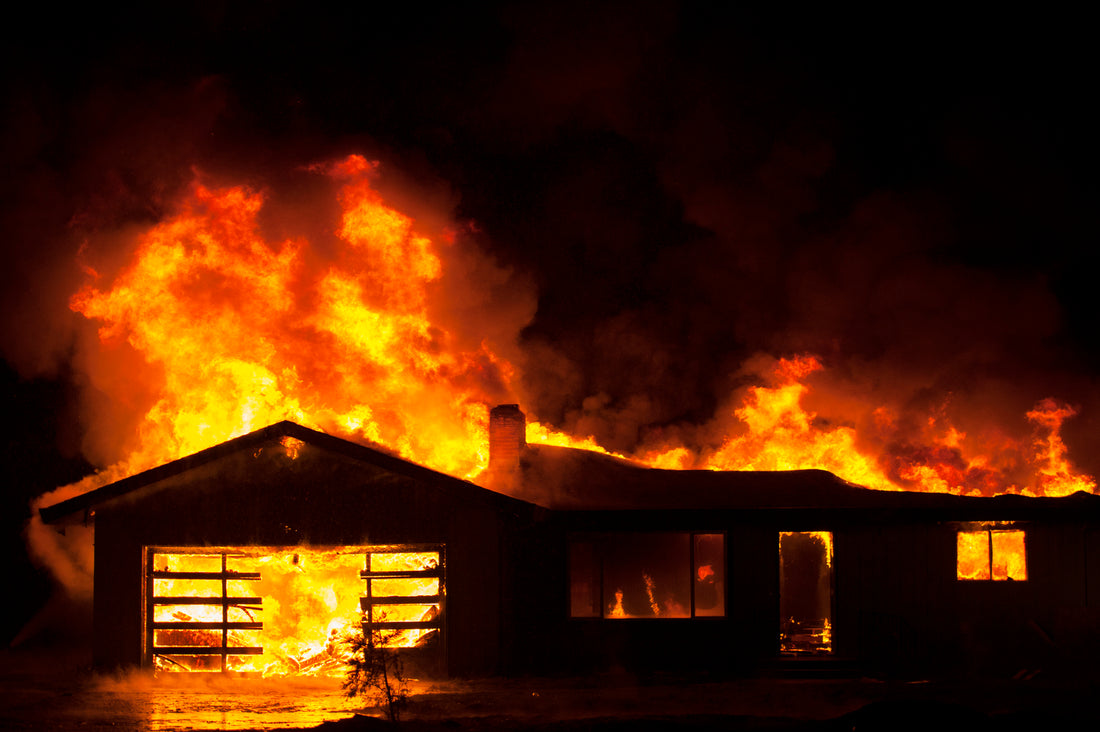
House Effects: Displacement is not home and a funeral is not family time. Part 1.
Fire damage.
Your responsibility as a property owner is to eliminate the risk of injury, death and property loss through regular maintenance and managing hazards that can occur from activities in and around the house.
Your house is built for fire management. It involves protection, detection, containment & suppression (if you add it). Prevention and avoidance is the best guard against a fire.

When using a stove, oven, bbq, outdoor fire pit, indoor fireplace, candle, or portable heater, set a timer to remind you that you have a potential for fire damage. Many distractions can occur during the use of these items and left unattended could result in damage or death. Smartphones are ideal for timers and even proximity alerts if you happen to leave the house.
Dryer lint traps need to be cleaned out after every load. Otherwise, you run the risk of the vent clogging up. This will reduce your energy efficiency and cost you more to operate your dryer. More importantly, the heating block in the dryer could ignite the build up of lint and start a fire. We recommend not using the dryer while away from the house or prior to bedtime. Also, installing an in-line lint trap as a secondary clean-out will help keep your ducts and dryer free of lint build up.
As part of your regular house maintenance, unplug the dryer and detach the vent duct from the dryer and look inside the dryer end and the end leading to the outside of the house. Use a vacuum hose to clean them out. If you notice considerable build up, you should remove the access panel at the front of the dryer and vacuum the heater block. Lint build-up may go deep into the duct. In which case, it will need to be cleaned out or replaced.
While outdoor fires are great for warmth, cooking and socializing, there are rules and laws around having them. Check with your fire department or municipal office about permits, safe use and restrictions. The provincial government has posted rules, laws and fines as well. The same resources can be used to learn about lighting fireworks.
Keep your passports, wills and other important documents in a fireproof and waterproof safe.
Fire extinguishers are used to put out small fires or clear flames through an escape path. Keep a fire extinguisher in your bedroom, garage, shed, kitchen and near your planned exit doors. Keep them visible by securing them on a wall 42” to 60” from the ground. A lot of things will be going through your mind in case of fire. You will not remember where it is and not have time to look for it if you stored it in a closet or cabinet.
There are four classes of fire that could occur in a house and each one requires a different type of extinguisher or a multi-purpose extinguisher or fire blanket for the kitchen.
- Class A: combustibles such as paper or wood
- Class B: flammable liquids such as gasoline, solvents, oil or grease
- Class C: electrical from frayed wires or short circuiting
- Class K: cooking oils or grease
This is part 1 of a 3 part series. In Part 2, we will be looking at water damage.
#FireDamage #Prevention
House Effects resources
Reno FX Media provides expertise and discoveries in renovating, organizing, outdoor living and entertaining at home. Shop・Learn・Plan・Share

